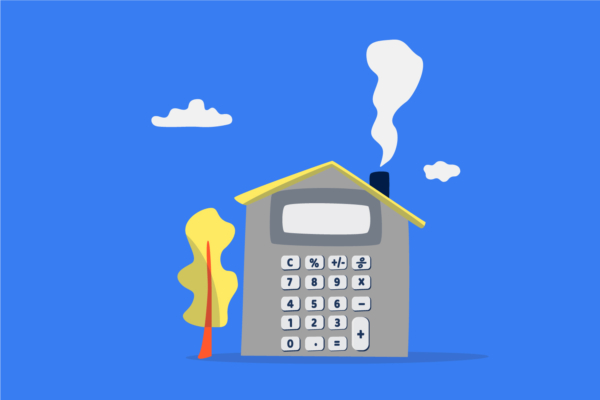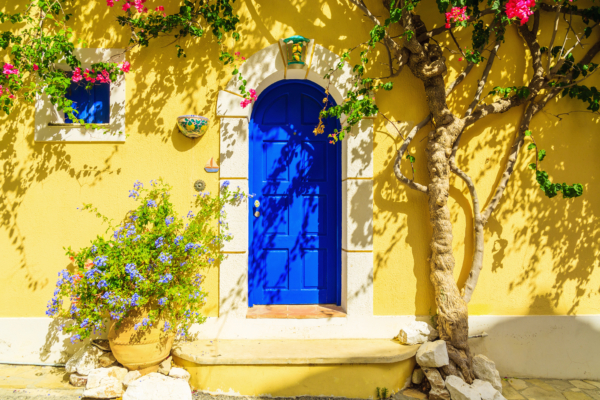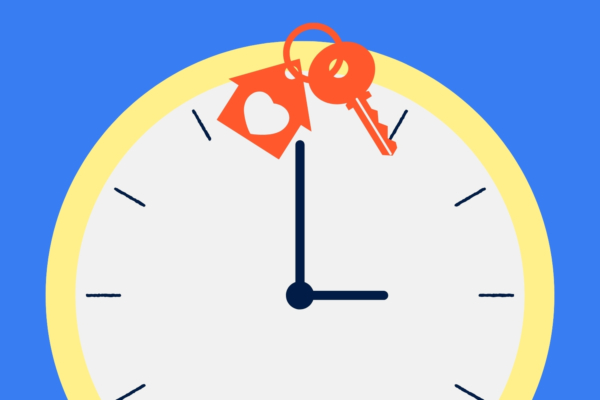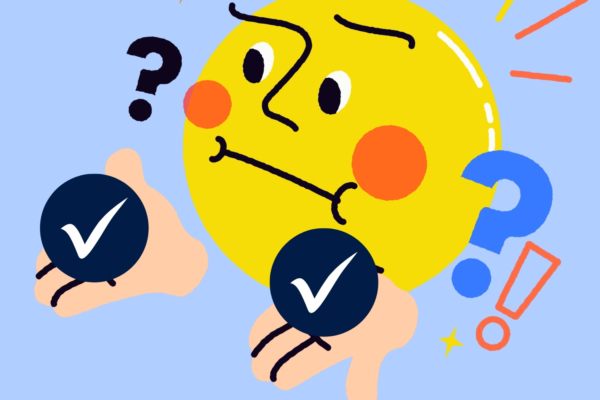
Buying a Home When You're Single: Practical Tips

In the past, the traditional path to homeownership followed a specific pattern: meet your partner, get married, then buy a house. Times have changed. Many single people are now choosing to build a solid financial foundation for themselves through homeownership before they ever meet their significant other.
According to the National Association of Realtors, single women comprise 20% of first-time homebuyers in the U.S., with 11% being single men. In fact, single homeownership is at its highest since the U.S. Census Bureau started tracking this data in 1900. A high percentage of those homeowners are first time buyers under 35 years of age. If you’re thinking about joining the ranks of single people putting down roots, there are a few things you’ll want to consider before you start browsing real estate listings in earnest. Here are a few practical suggestions to keep in mind.
Prepare Yourself Financially
When you’re trying to buy a home on your own, it’s more important than ever to make sure you’re financially prepared. As the sole owner, you’re in charge of making house payments every month and taking care of any home maintenance fees that may arise. With a single income, it’s crucial that you don’t put yourself in a dangerous place financially. Here’s what that looks like in practical terms.
Build Up a Healthy Emergency Fund
To make sure you’re ready for the ups and downs of homeownership, set aside enough money for unforeseen financial emergencies. You should have — at a minimum — three to six months’ worth of expenses saved.
To calculate how much you’ll need, take into consideration all the monthly expenses associated with home ownership — mortgage payments, maintenance, repairs, insurance, property taxes, and association fees. Add this sum to your current expenses such as groceries, car payments, student loan payments, medication, and any other expense that is essential to your household functioning. As an example, if these tally up to $3,000 a month, that means you should try to have between $9,000 and $18,000 saved.
For a lot of folks, having this large amount of savings just isn’t possible. We get it! What we’re suggesting here is this: have enough savings on hand to cover significant emergencies for you and your family. You don’t want to use all of your money to buy a house, only to turn around and have to cover a huge financial emergency a month later. If buying a house puts you in a worse financial situation, it’s wise to stop and consider the timing of everything.
From Mortgages to Home Equity Loans
Our local, award-winning lending team is ready to help you begin today.
Pay Off High Interest Debt
One of the biggest drains on any income is high-interest debt. As a single person, it’s a good idea to pay off any debt with an interest rate above 5.50%. This could include credit card payments, or high interest student loans that are still outstanding.
Not only will this lower your monthly expenses — thereby allowing you to more easily pay your mortgage — it will also save you money in the long run. Your mortgage loan qualification also depends on something called the DTI ratio—in other words, your debt compared to your income. It’s in your best interest to get your DTI ratio as low as possible before you apply for a loan.
Improve Your Credit History
Before you apply for a mortgage loan, try to improve your credit history and score as much as possible. Your credit history is how lenders gauge your ability to handle borrowed money.
Your credit history is important when buying a home because it will determine the interest rate on your loan. The better your credit history, the lower the interest rate you can receive for your loan. With a lower interest rate, you’ll likely have a lower monthly payment in addition to saving thousands of dollars in interest payments in the long run. Access a free copy of your credit report and evaluate whether anything listed could be a hindrance to securing a mortgage.
Determine Your Down Payment Amount
The last step before getting ready to apply for a mortgage is to figure out how much home you can afford, and therefore how much of a down payment you need to save. Start by calculating a monthly payment you can comfortably handle given your current income. Most personal finance experts recommend spending no more than around 25% of your monthly take-home pay on all housing costs.
As an example, if you earn $8,000 each month after taxes, you could afford around $2,000 in monthly housing costs. Assuming you’d like to put 20% down on your new home, using this calculator you could afford a home with a purchase price of about $350,000 with a down payment of $70,000.
Keep in mind: a down payment of 20% is not necessary! But if you’re able to, putting down 20% or more has some significant advantages.
Research Mortgage Types
Once you feel that you’re financially stable, it’s time to look at the different types of mortgage loans. Check in with different lenders and loan originators to see what options are available and what is best for your situation.
Traditional Mortgage Loan
Traditional mortgage loans, or those secured through a bank or credit union, usually have repayment terms of 15 or 30 years and might have fixed or variable interest rates.
Federal Housing Administration (FHA) Loan
This type of home loan is intended to help Americans afford homes who otherwise might be priced out of the housing market. If, in addition to being single, you’re a first-time homebuyer or have a lower income or little savings this might be a good option. These loans usually have less stringent financial requirements. FHA loans also require lower down payments, which can be as little as 3.5%.
VA Loans
VA loans are government-backed loans that often don’t require a down payment or mortgage insurance. They do require a funding fee that can cost you anywhere from 1.25% to 2.4% of the total loan amount. In the case of a $200K home loan, that would be $2,500 to $4,800. Additionally, these loans are only available to members of the military and their families.
USDA Loans
The United States Department of Agriculture (USDA) backs loans for buyers interested in purchasing homes in rural areas. This type of loan also doesn’t require borrowers to provide a down payment or pay mortgage insurance, but you do have to pay an upfront fee of 1.00%. Again, in the case of a $200K home, that would be $2,000.
Save for the Extra Costs
Depending on how much house you can afford and what type of loan you decide to take out, you know how much money you need to save. Now it’s time to start working toward your overall financial goal. It’s not all about the down payment! You’ll also have additional costs when you buy the house, including:
- Closing costs
- Inspection fees
- Insurance
- Utility adjustments
- Real estate taxes
- Cash reserves
This is when consulting a mortgage expert can be really useful. They can set your expectations about these extra costs and answer any specific questions that apply to your financial situation.
Take a Step Toward Your New Home
If you take time to plan for the contingencies, buying a home when you’re single can be a financial turning point and a source of empowerment. You don’t have to figure everything out on your own—we’re here to help!
Ready to get prequalified?
Apply today and start your journey toward your new home.


